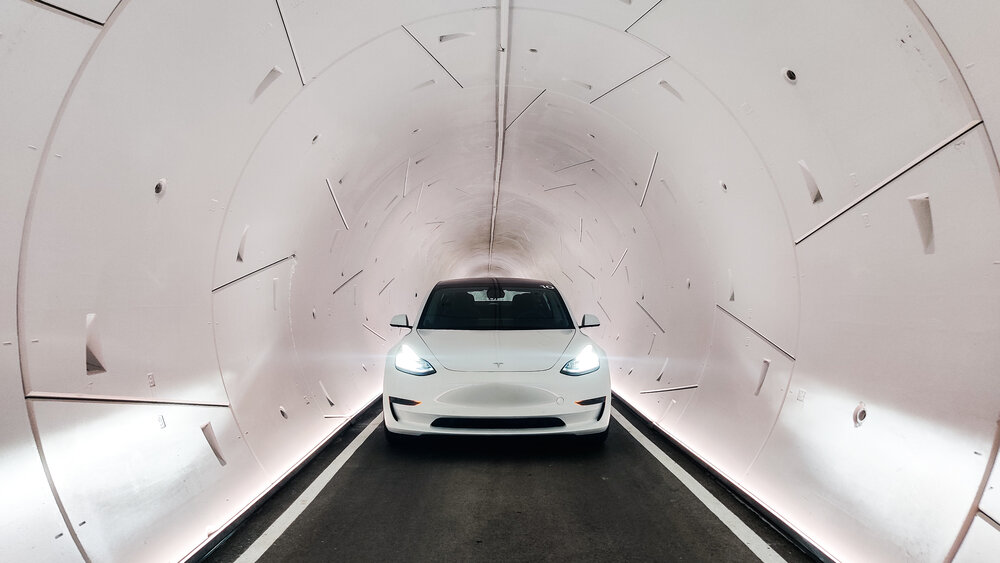
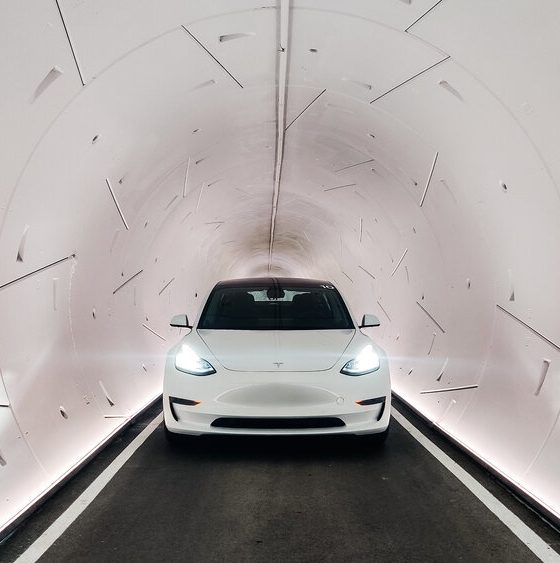
News
The Boring Company San Antonio Loop’s net revenue expected to be $25M per year, fares to start at $10
On Wednesday, May 18, The Alamo Regional Mobility Authority (RMA) board was briefed on more details about The Boring Company’s (TBC) proposed tunnel from the San Antonio International Airport to downtown.
Bexar County Public Works director and county engineer Renee Green briefed the Alamo RMA board on The Boring Company tunnel project before the members went into executive session.
Green’s presentation noted that 10 million out of 30 million people who visit the city pass through the San Antonio International Airport. As such, the San Antonio tunnel project is expected to generate a net revenue of up to $25 million per year, with fares between $10 to $12.
“These revenue projections would require, obviously, more detailed study for reasonableness and accuracy. That’s what the ridership and revenue study will tell us,” said Green.
According to Green, all funding for the tunneling project would come from Elon Musk’s tunneling company. She emphasized that taxpayers would not spend a cent on the project. TBC offered a “turn-key lump sum construction price where they assume all the risks.” The Boring Company project is estimated to cost between $241 million and $298 million.
TBC plans to build a one-way tunnel 7.6 miles long that would possibly run parallel U.S. 281. However, the route of the tunnel will not be settled until a feasibility study is performed. An examination of potential environmental risks must be done as well.
The San Antonio tunnel would have exit shafts located every half-mile for safety purposes. The number of stations the tunnel would have is still unknown.
The presentation stated that 100 Tesla vehicles could transport about 32,000 passengers through the San Antonio tunnel daily on average. It would have a maximum capacity of transporting 4,500 passengers per hour with 100 vehicles. If the tunnel’s Tesla fleet increased to 350 vehicles, it would be able to accommodate 112,000 commuters daily and 15,750 passengers per hour from the airport to downtown.
“This is an extremely efficient system. You don’t have any cross traffic, you’re not stopping at each location, you’re either pulling in or pulling out of the tunnel system,” said Green.
She emphasized that each trip would have little to zero wait time. However, Green also highlighted that The Boring Company tunnel would work alongside traditional transit systems and would not be competing for the same ridership.
“The project can provide an equivalent capacity to both bus and rapid transit for a fraction of the operating costs that we’re talking about, while providing reliability and solving a lot of the last-mile difficulties that you see with traditional transit systems by utilizing underground rides where the system will supplement any plan for ongoing transit type projects and is not expected to replace them,” she added.
The Teslarati team would appreciate hearing from you. If you have any tips, reach out to me at maria@teslarati.com or via Twitter @Writer_01001101.

Elon Musk
SpaceX secures FAA approval for 44 annual Starship launches in Florida
The FAA’s environmental review covers up to 44 launches annually, along with 44 Super Heavy booster landings and 44 upper-stage landings.
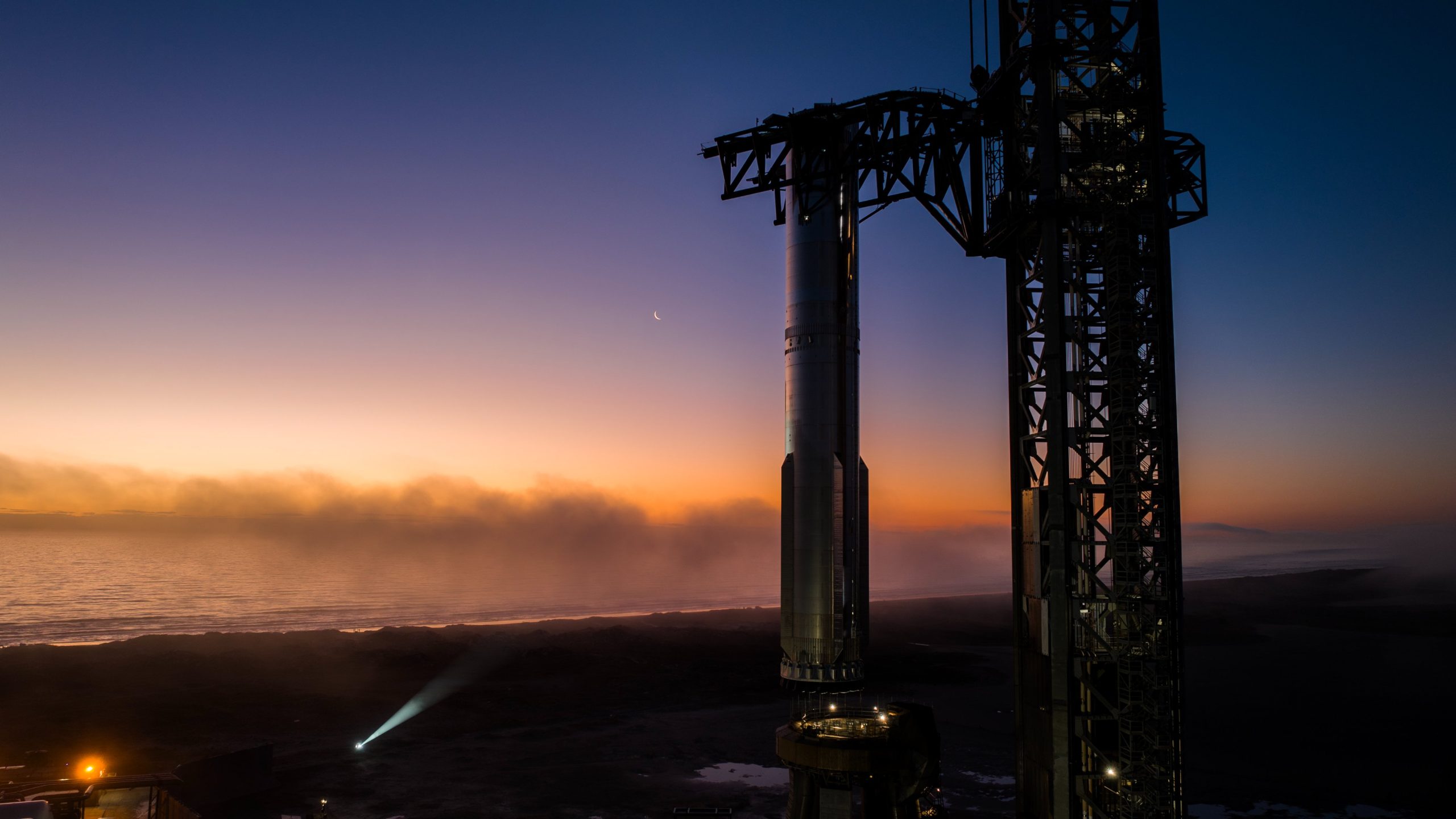
SpaceX has received environmental approval from the Federal Aviation Administration (FAA) to conduct up to 44 Starship-Super Heavy launches per year from Kennedy Space Center Launch Complex 39A in Florida.
The decision allows the company to proceed with plans tied to its next-generation launch system and future satellite deployments.
The FAA’s environmental review covers up to 44 launches annually, along with 44 Super Heavy booster landings and 44 upper-stage landings. The approval concludes the agency’s public comment period and outlines required mitigation measures related to noise, emissions, wildlife, and airspace management.
Construction of Starship infrastructure at Launch Complex 39A is nearing completion. The site, previously used for Apollo and space shuttle missions, is transitioning to support Starship operations, as noted in a Florida Today report.
If fully deployed across Kennedy Space Center and nearby Cape Canaveral Space Force Station, Starship activity on the Space Coast could exceed 120 launches annually, excluding tests. Separately, the U.S. Air Force has authorized repurposing Space Launch Complex 37 for potential additional Starship activity, pending further FAA airspace analysis.
The approval supports SpaceX’s long-term strategy, which includes deploying a large constellation of satellites intended to power space-based artificial intelligence data infrastructure. The company has previously indicated that expanded Starship capacity will be central to that effort.
The FAA review identified likely impacts from increased noise, nitrogen oxide emissions, and temporary airspace closures. Commercial flights may experience periodic delays during launch windows. The agency, however, determined these effects would be intermittent and manageable through scheduling, public notification, and worker safety protocols.
Wildlife protections are required under the approval, Florida Today noted. These include lighting controls to protect sea turtles, seasonal monitoring of scrub jays and beach mice, and restrictions on offshore landings to avoid coral reefs and right whale critical habitat. Recovery vessels must also carry trained observers to prevent collisions with protected marine species.
Elon Musk
Texas township wants The Boring Company to build it a Loop system
The township’s board unanimously approved an application to The Boring Company’s “Tunnel Vision Challenge.”
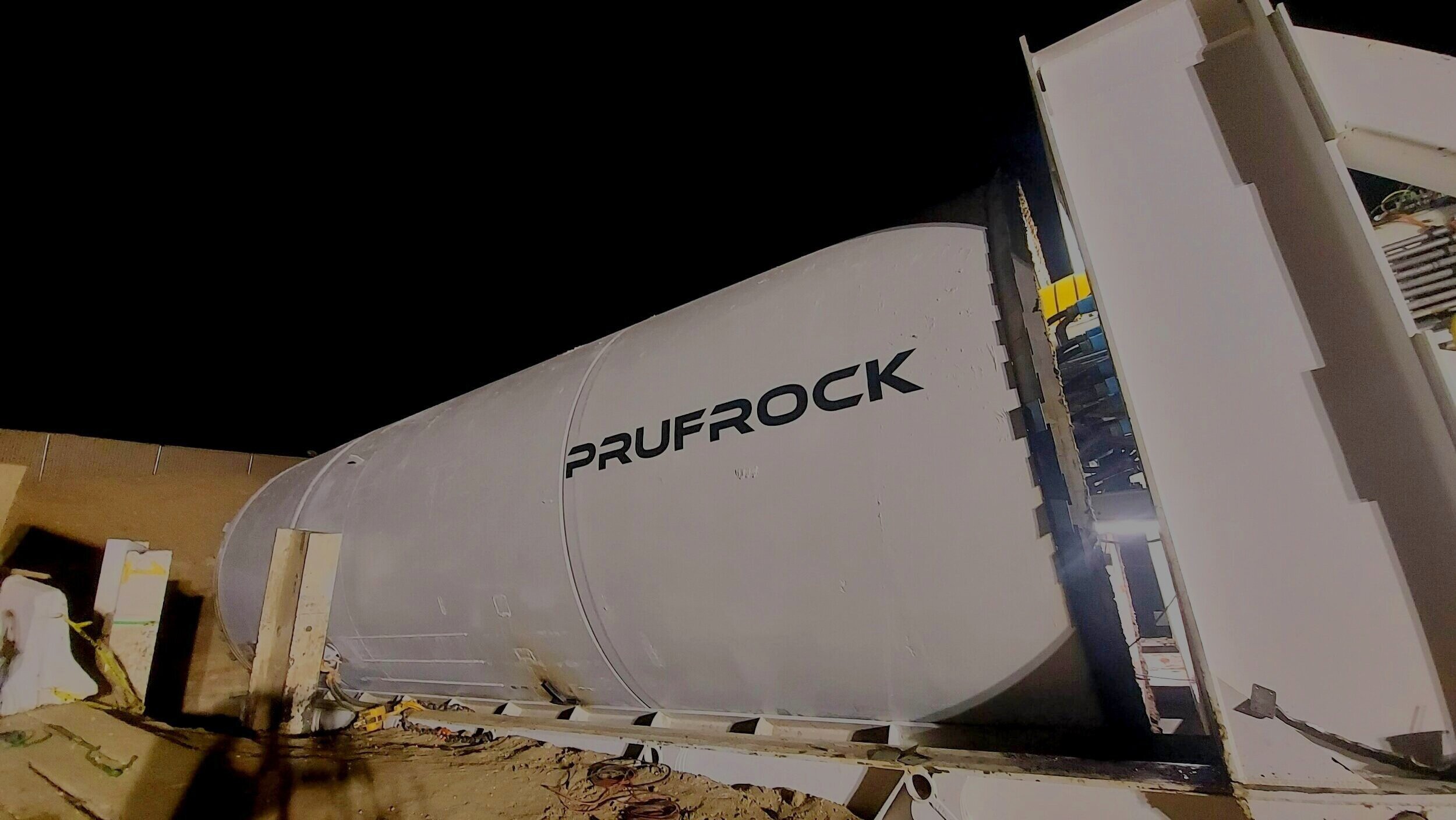
The Woodlands Township, Texas, has formally entered The Boring Company’s tunneling sweepstakes.
The township’s board unanimously approved an application to The Boring Company’s “Tunnel Vision Challenge,” which offers up to one mile of tunnel construction at no cost to a selected community.
The Woodlands’ proposal, dubbed “The Current,” features two parallel 12-foot-diameter tunnels beneath the Town Center corridor near The Waterway. Teslas would shuttle passengers between Waterway Square, Cynthia Woods Mitchell Pavilion, Town Green Park and nearby hotels during concerts and large-scale events, as noted in a Chron report.
Township officials framed the tunnel as a solution for the township’s traffic congestion issues. The Pavilion alone hosts more than 60 shows each year and can accommodate crowds of up to 16,500, often straining Lake Robbins Drive and surrounding intersections.
“We know we have traffic impacts and pedestrian movement challenges, especially in the Town Center area,” Chris Nunes, chief operating officer of The Woodlands Township, stated during the meeting.
“The Current” mirrors the Loop system operating beneath the Las Vegas Convention Center, where Tesla vehicles transport passengers through underground tunnels between venues and resorts.
The Boring Company issued its request for proposals (RFP) in mid-January, inviting cities and districts to pitch local uses for its tunneling technology. The Woodlands must submit its application by Feb. 23, though no timeline has been provided for when a winning community will be announced.
Nunes confirmed that the board has authorized a submission for “The Current’s” proposal, though he emphasized that the project is still in its preliminary stages.
“The Woodlands Township Board of Directors has authorized staff to submit an application to The Boring Company, which has issued an RFP for communities interested in leveraging their technology to address community challenges,” he said in a statement.
“The Board believes that an underground tunnel would provide a safe and efficient means to transport people to and from various high-use community amenities in our Town Center.”
News
Tesla Model Y wins 2026 Drive Car of the Year award in Australia
The Model Y is already Australia’s best-selling EV in 2025 and the tenth best-selling vehicle overall.
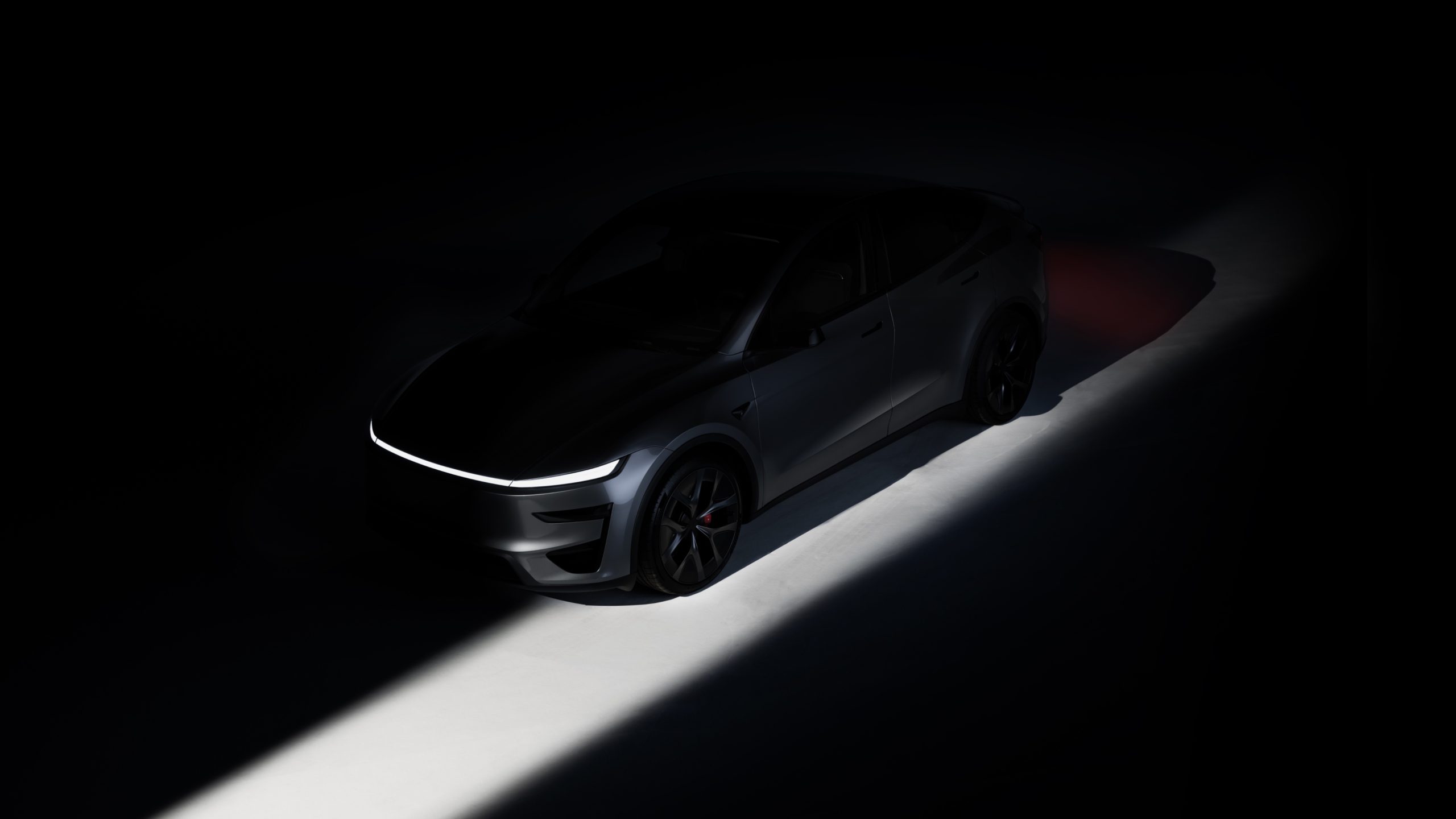
The Tesla Model Y has been named 2026 Drive Car of the Year overall winner, taking the top honor after being judged as the vehicle that “moves the game forward the most for Australian new car buyers.”
The Model Y is already Australia’s best-selling EV in 2025 and the tenth best-selling vehicle overall, but the vehicle’s Juniper update strengthened its case with new ownership benefits and expanded software capability.
Drive’s overall award compares category winners and looks at which model most significantly advances the local new car market. In 2026, judges pointed to the Model Y’s five-year warranty and the availability of Full Self-Driving (Supervised) as a monthly subscription as key differentiators.
Priced from AU$58,900 before on-road costs, the all-electric crossover SUV offers a lot of value compared to similarly sized petrol and hybrid rivals. The ability to access Tesla’s Supercharger network across Australia also reduces friction for buyers moving to EV ownership.
Owners can add FSD (Supervised) for AU$149 per month. While it still requires driver oversight, the system expands the vehicle’s advanced driver-assistance capabilities and reflects Tesla’s software-first approach.
“The default choice for a reason. The Tesla Model Y makes the transition to electric both effortless and rewarding,” Drive wrote.
The 2025 Model Y facelift also sharpened the vehicle’s exterior, highlighted by a distinctive rear light bar that gives the crossover SUV a more modern road presence.
Drive described the Model Y as a benchmark for combining practicality, efficiency and technology at an accessible price point. With eligibility for federal Fringe Benefit Tax exemptions through novated leasing, its value proposition has improved for numerous buyers.
For 2026, the Model Y’s combination of range efficiency, charging access and software capability proved decisive. Ultimately, the award all but cements the Model Y’s position as one of the most influential vehicles in Australia’s evolving new-car market today.








